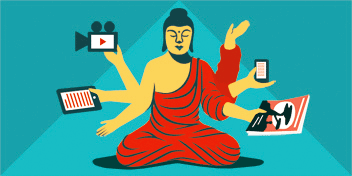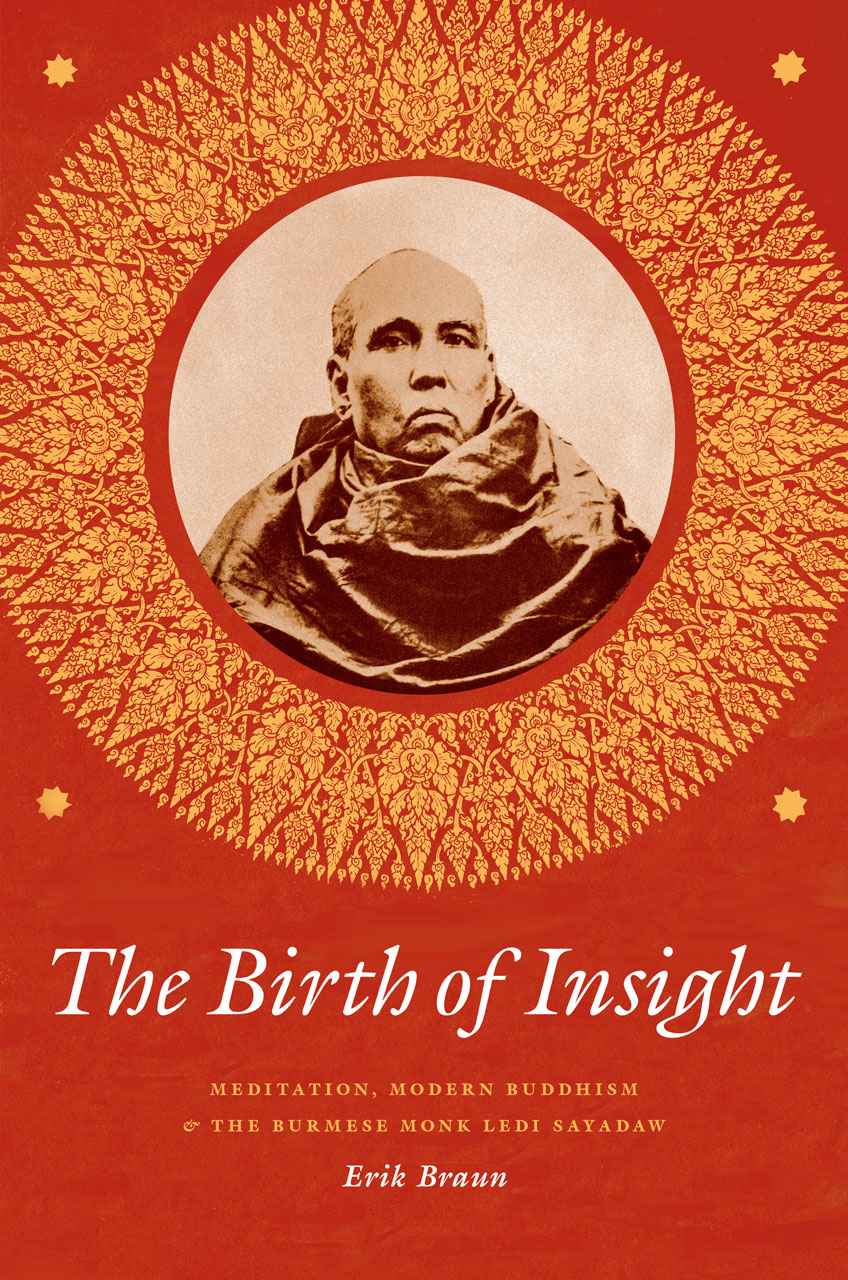If "mind" is one of our six senses then intellectualism is akin to the orgy of scents your pup enjoys sticking her nose out the car window. It's just what's done.
For me, his conclusions go too far with throwing out tradition and leaving bare bones with the flesh flayed off, but to others secular Buddhism is where they wish to plant their cushion. Each to their own. I like that Zen can be both traditional and still without too much of a scent of the supernatural.
I am glad this book has been written and look forward to reading it. I guess we could totally ignore the intellectual side of the dharma but I like a balanced approach of sitting and learning.
Gassho
Kokuu
#sattoday




Comment